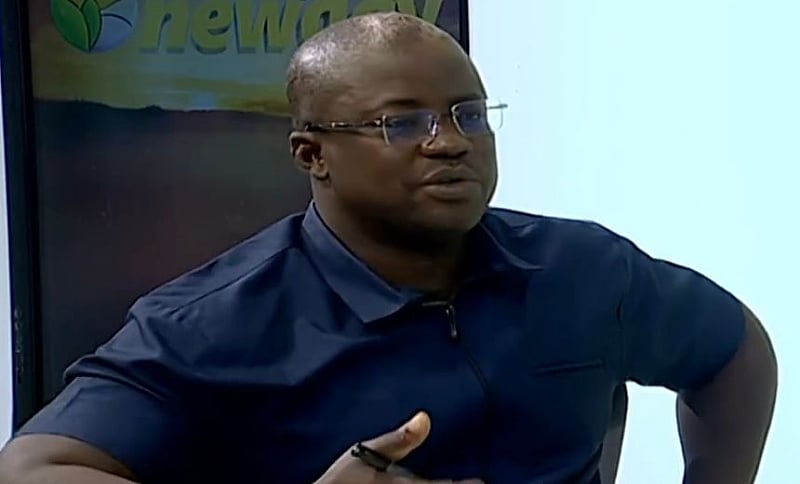The New Patriotic Party (NPP) of Ghana finds itself at a critical juncture, grappling with the aftermath of a significant electoral defeat in the 2024 general elections and navigating the turbulent waters of its ongoing presidential primary campaign. Dr. Joshua Jebuntie Zaato, a Policy Analyst and Senior Political Science Lecturer at the University of Ghana, offers a perspective of cautious optimism, suggesting that despite the current challenges, the party possesses the inherent resilience to overcome this period of adversity and emerge stronger. He acknowledges the vulnerability inherent in internal party elections, where former allies and colleagues find themselves in direct competition, often leading to strained relationships and public disagreements. This internal strife, while potentially damaging in the short term, is, according to Dr. Zaato, a necessary part of the party’s renewal process.
The current presidential primary race has exposed existing fault lines within the NPP, with various factions vying for control and influence. The competition, while essential for democratic processes, has created an environment where internal unity is fragile. Dr. Zaato emphasizes the crucial role of leadership in mending these divisions. The individual who emerges victorious will bear the heavy responsibility of unifying the party, healing the wounds of the primary campaign, and presenting a united front to the nation. He argues that the ability to unify the party serves as a litmus test for the potential flagbearer’s ability to unite the country, suggesting a strong correlation between internal party cohesion and national leadership effectiveness.
Dr. Zaato draws parallels between the NPP’s current situation and the natural cycles of organizations. He posits that periods of turbulence and internal conflict are not necessarily signs of terminal decline but rather represent opportunities for growth and renewal. Like any resilient organization, the NPP, he believes, has the capacity to learn from its setbacks, adapt to the changing political landscape, and emerge stronger from this challenging period. He expresses confidence in the party’s ability to overcome the current challenges and prove its detractors wrong. He envisions a brighter future for the party, emphasizing the cyclical nature of political fortunes and the inevitability of its resurgence.
The NPP’s defeat in the 2024 elections marked the end of its eight-year reign and broke its attempt to defy the country’s perceived eight-year political cycle. This defeat has undoubtedly shaken the party’s foundations, forcing it to confront internal weaknesses and reassess its strategies. The subsequent presidential primaries, scheduled for January 2026, have further intensified internal competition, exposing deep-seated divisions and rivalries within the party ranks. The jostling for position and influence has created a complex political dynamic, with potential implications for the party’s future direction and its ability to regain power in the 2028 elections.
The challenges facing the NPP are multifaceted. Beyond the immediate concerns of internal divisions and the need for a unifying leader, the party must also address the underlying reasons for its electoral defeat in 2024. This requires a thorough introspection and a willingness to adapt to the evolving political landscape. The party must analyze the factors that contributed to its loss, understand the shifting priorities of the electorate, and develop policies and strategies that resonate with the needs and aspirations of the Ghanaian people. This process of self-reflection and adaptation is essential for the party’s long-term survival and its ability to remain a relevant force in Ghanaian politics.
Dr. Zaato’s optimism, however, is tempered by the recognition of the significant hurdles the NPP must overcome. The road to recovery will not be easy. The party must navigate the complexities of its internal politics, heal the divisions created by the primary campaign, and present a cohesive and compelling vision for the future of Ghana. The task ahead requires strong leadership, strategic thinking, and a commitment to unity and renewal. Only time will tell if the NPP can successfully navigate these challenges and emerge from this period of turmoil as a stronger and more unified political force.


